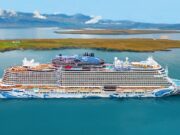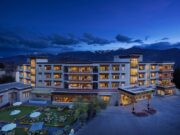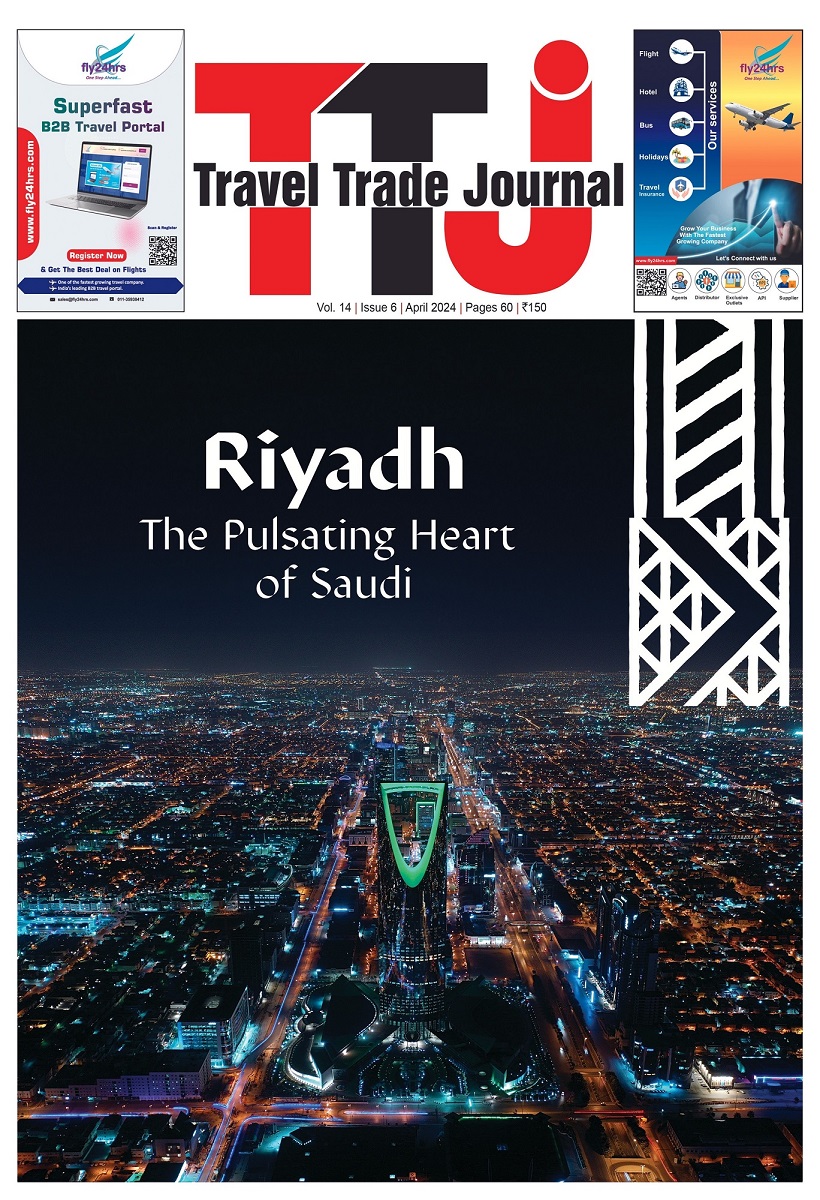For Indian travellers seeking adventure and authenticity, Sabah on the Bornean side of Malaysia promises unforgettable experiences with nature and culture, making it an enticing destination to be explored. Julinus Jeffery Jimit, CEO, Sabah Tourism Board, beckons Indians to discover the uncharted beauty of Sabah and unlock the secrets of this hidden paradise.
– Prashant Nayak
Borneo: A Prelude to Sabah’s Splendour
Borneo, the third-largest island globally, is a stunning paradise shared by Indonesia, Malaysia, and Brunei. Indonesia’s Kalimantan region, Malaysian Borneo’s states of Sarawak and Sabah, and Brunei make up this diverse island. Sarawak’s capital of Kuching, and Sabah’s capital of Kota Kinabalu are the usual entry points, with the two cities acting as bases for exploring Malaysia’s wild attractions. Borneo is a virtual paradise for anyone who loves the dense jungle, wildlife, and adventure. Borneo, alongside Sumatra, hosts endangered orangutans in the wild, offering a rare glimpse into their intelligence and beauty. Unfortunately, because of habitat loss, their numbers are dwindling and now is the opportune time to see them when you travel to Sabah.
Sabah: The Land Below the Wind
Sabah, on the northernmost part of Borneo, is the second-largest state in Malaysia and is surrounded by three seas. Its attractions, spanning from nature reserves to cultural landmarks, reflect a commitment to conservation and preservation. Sabah has retained a large portion of its forest cover. The jungles in Sabah are classified as rainforests, and scientists estimate them to be 130 million years old—one of the oldest in the world! It is easily the best place in Southeast Asia for wildlife watching, and many of the animals and birds found here are endemic.
Julinus says, “From Sipadan, which has one of the deepest and top dive sites in the world, to Mount Kinabalu, which stands at 4,095 metres above sea level, one can discover a plethora of experiences in between, like the beaches, golfing, jungle and wildlife, birding, cuisine, ethnic and culture, community and conservation-based tourism.”
Kinabalu Park, which occupies an area around Mount Kinabalu, is a botanical paradise with the most remarkable assemblage of plant species and wildlife in the world. The Sepilok Orangutan Rehabilitation Centre in East Sabah is the most popular place to view orangutans in Borneo. At Kinabatangan Wildlife Sanctuary, visitors can get a glimpse of the highly endangered proboscis monkeys, crocodiles, pythons, and pygmy elephants. The population has more than 30 different ethnic races, and each indigenous group has its own unique dance, music, and handicrafts that differentiate it from each other.


Kota Kinabalu: The Gateway to Sabah’s Enchantment
Known locally as ‘KK’, Kota Kinabalu, the bustling capital of Sabah, is a hidden gem surrounded by lush rainforests and sandy beaches. This off-the-beaten-track destination allows travellers to immerse themselves in its unique vibe.
In KK, by day, travellers can browse handicrafts by regional artisans at the Kota Kinabalu Handicraft Market. Tanjung Aru Beach is a tourist hotspot where locals flock, especially on the weekends. The Floating Seafood Market restaurant is an attraction in itself for its showcase of food, local arts, and music. The ecosystems around Kota Kinabalu are home to unique wildlife, which travellers can observe from a boat during an evening river safari.
When it comes to the Indian market, alongside FIT and leisure travellers, Sabah Tourism is targeting the lucrative Indian wedding and MICE markets, capitalising on Kota Kinabalu and the region’s huge list of hotel properties. “With ample five-star inventories to host large groups and an international convention centre boasting a 6,000-person capacity at one time, the potential for these segments is significant. With 10 Indian weddings held in 2023 and an upcoming small medical group from India, we do look forward to huge potential. Also, Kota Kinabalu has the second busiest airport in our country and is well connected with Kaula Lumpur and other parts of the globe,” highlights Julinus.
Paving the Way Forward
In 2023, Sabah surpassed its visitor arrival target of 2.2 million while hosting 2.6 million visitors. With the aim of reaching 2.8 million arrivals in 2024, Sabah is steadily progressing towards surpassing expectations. “Despite Indian visitors numbering only 501 in 2023, we are targeting 10,000 Indian visitors in 2024, especially as Malaysia offers visa-free travel for Indians until December 31, 2024. We have also started dialogues with the Indian travel trade and associations like Tourism India Alliance (TIA) to enhance the visibility of the destination,” says Julinus.















































